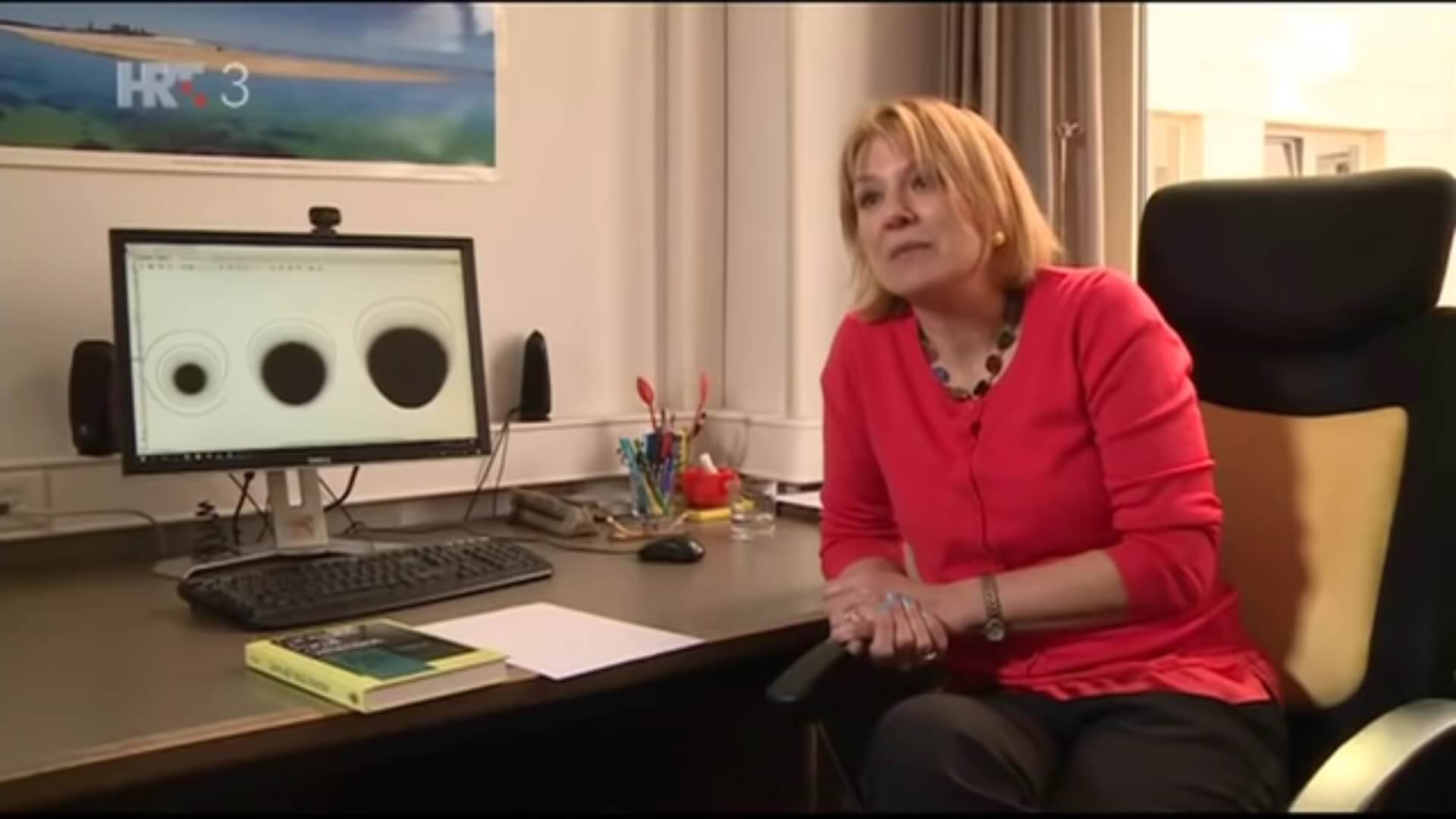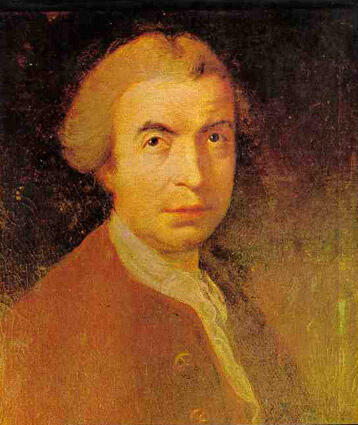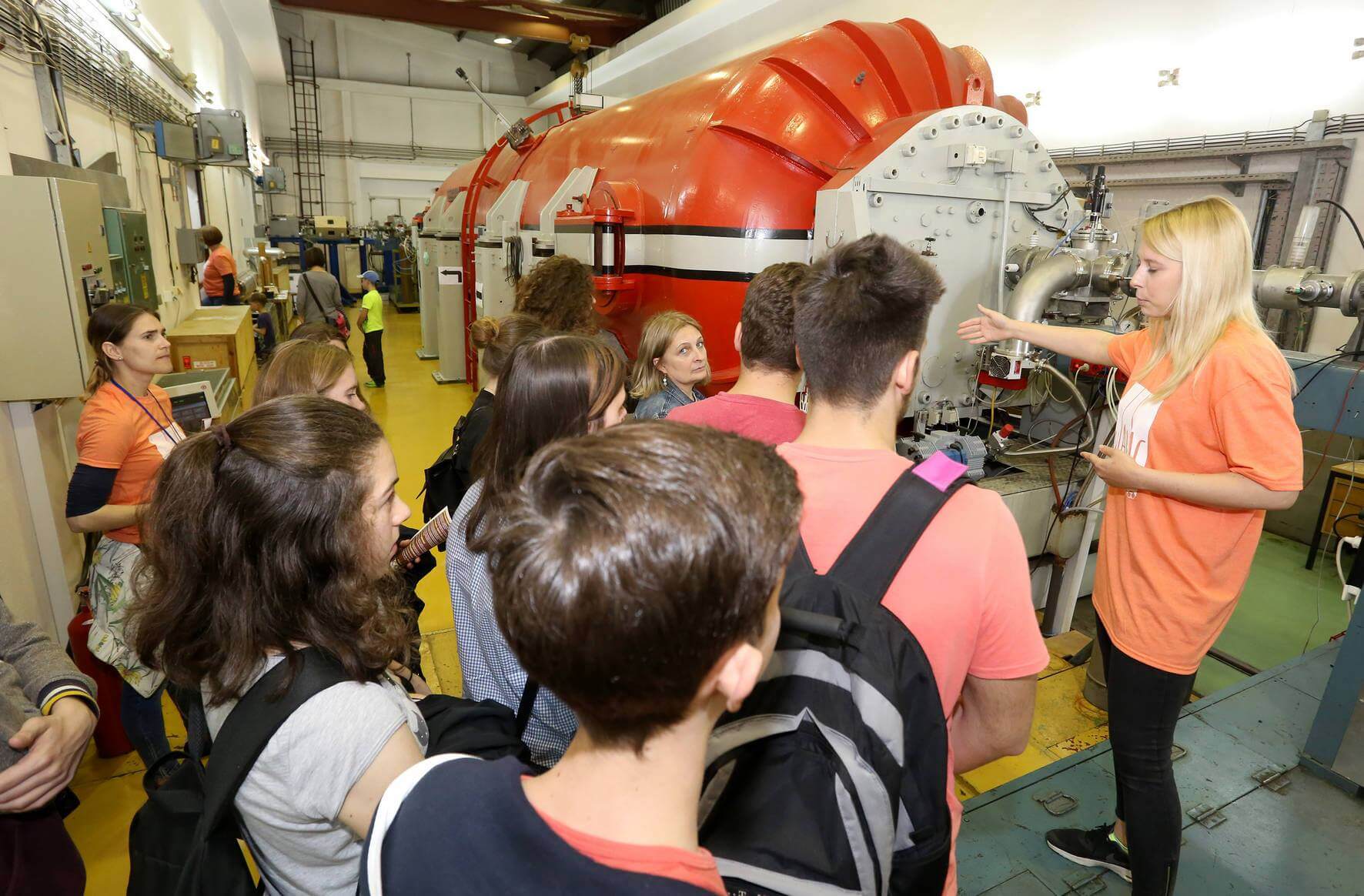E-Matematika: New Online Instruction Developing Business That Helps Pupils
May 21, 2021 - With math seeing more and more appreciation, it's still, quite rightfully, a challenging discipline that not everyone can comprehend. Quality lessons, additional instructions, and motivated lecturers and teachers are the obvious recipe to both help those who struggle with math and those who are good at it to achieve their best possible potential.
However, the coronavirus pandemic is still present and is still causing difficulties in the Croatian education system, forcing pupils and professors to switch from online to live lectures or a mix of the two, putting additional pressure on sharing knowledge on any imaginable subject. With math being a discipline that requires lots of practice and explanations, it's perhaps the subject which has suffered the most.
Still, as Srednja.hr reports, a great potential solution to this issue appeared back in October 2020 when Robert Pavlik started E-Matematika, a website, for online math instructions.
''The site is focused on all students that need help with math, whether it's about fixing a bad grade or preparing for an exam“, writes Srednja.hr.
E-Matematika currently offers 45 minutes of lessons, offering solved mathematical tasks with the procedure detailed, as well as a video explanation.
These instructions are paid for simply through the ''order instructions''check-out process, and it's all quite automated. However, phone and videocalls for arranging instructions are an option for the safety of kids so that parents can see with whom they'll be communicating. Reliable platforms for communication such as Zoom, Google Meet, and MS Teams are also used, and two conditions need to be satisfied for the instructions to work: easy platform access for the student and an uninterrupted video connection. Each instruction ends with the service sending a questionnaire to the students to see how happy they are with the whole experience, as well as a receipt. The questionnaire builds the personal rating of the instructor.
There are four levels of instructions: lower elementary classes, higher elementary classes, high schools, and faculties, which offer more effective services as some instructors prefer to work with teens, and others are specialised working with younger kids. The site so far boasts 100 instructors, and in addition to maths, Croatian pupils can also find instructions from the subjects of physics and chemistry. Srednja.hr adds that students from field-related faculties recognised the work of E-Matematika and want to participate.
The site welcomes anyone interested to apply to become the next instructor, as long as they satisfy the following conditions: two years of instructing experience as a minimum, excellent communication skills, reliability, flexibility in organising instructions, along with patience and the ability to focus on a student.
It's also worth mentioning that the first concept of online instructions in Croatia (again, for math, but also for statistics) appeared in 2011, when a mathematics professor at the Faculty of Science (PMF), University of Zagreb, Toni Milun, started posting videos explaining the curriculum online and for free. And you guessed it; it was a huge hit.
Despite Milun offering additional mathematics lessons for free, E-Matematika having more than 500 registered users and 2000 orders, it seems it can justify the paid offer with its value and use.
However, it will be interesting to see will this trend continue when the pandemic is over and the face-to-face instructions return as normal. Currently, the Croatian media landscape is seeing more and more pupils and parents stepping out and saying that nothing can replace face-to-face classes.
Learn more about Croatian inventions & discoveries: from Tesla to Rimac on our TC page.
For more about science in Croatia, follow TCN's dedicated page.
Croatian Mathematical Society (HMD) Has a New President, Dr. Vesna Županović
May 20, 2021 - Earlier in May, the Croatian Mathematical Society (HMD) elected a new president, Dr. Vesna Županović.
As Vedran Pavlić wrote for TCN back in 2016, Croatian students were then better in math than in 2011. Fantastic results were also accomplished in 2018 when Croatian students scored medals at the mathematical olympiad. Good results didn't go amiss in 2020, and initiatives for promoting science (such as the one of the Local History Museum in the central town of Ogulin that introduced kindergarten kids with quantum physics), appear all over the country.
Scientists do have their own professional associations, representing them and with more engaging, less engaging, with bigger, or smaller success, work on the promotion of their respective fields. Mathematicians are no exception, and it's worth noting that the Croatian Mathematical Society (HMD) recently has a new president, Dr. Vesna Županović. Faculty of Electrical Engineering and Computing (FER) at the University of Zagreb reported on its website, an online assembly of HMD voted that Županović be the new president on May 14, replacing dr. Hrvoje Kraljević was the president for the past 14 years.

Vesna Županović, screenshot / Treći element
Apart from her new function, Županović is the professor at FER's department for applied mathematics.
Being the faculty that expects excellent mathematical knowledge, FER is quite happy with this decision of HMD, and they also explained the importance of the aforementioned society.
„HMD goal is to enhance and promote mathematical sciences, math education on all levels, math applying in other fields, as well as enhancing the social status of mathematicians in general“, said FER on their website while congratulating. Županović on being elected.
They added that HMD has five departments: education, scientific, engineering, professional, and student department, along with a youth section that gathers pupils on lower levels of the education system. Publishing scientific and professional magazines and books on math is in the domain of the organization too.
Before being president, Dr. Županović was the Head of the Engineering department on HMD. Born in Split in 1965, she graduated from Mathematical Gymnasium in Split and went on to Zagreb to study math at the Faculty of Science (PMF), University of Zagreb. Her competence in math includes Nonlinear equations, Bifurcation, Fractals, Limit-cycles, Nonlinear dynamical systems, and Spirals.
Croatian Mathematical Society stated on its website that they are organizing conferences, math competitions, participation in math Olympics and other international contests, summer schools, and more.
In 1994, HMD also started a Mathematical Foundation For Science with a goal to award young scientists for their contribution. The receiver of the award can't be more than 35 years old, and concluding with 2015; five awards have been given in total since the first award in 1996.
Learn more about Croatian inventions & discoveries: from Tesla to Rimac on our TC page.
For more about science in Croatia, follow TCN's dedicated page.
Ruđer Bošković Institute (IRB) Open Doors in 2021: Virtual Event To Present Science to Public in May
May 15, 2021 -The Ruđer Bošković Institute of Science (IRB), the top science facility in Croatia, is hosting a public event. Despite the event being online, the educational and entertaining side of the 17-year-old manifestation won't go amiss.
With the pandemic still causing havoc, events happen either with a limited number of visitors or in the virtual world. And with Ruđer Bošković Science Institute (IRB) being both socially responsible and brilliant in using modern technologies in the best possible matter - chose the latter. The doors of the Ruđer Bošković Science Insitute, from May 18th until May 22nd, unlike previous years, will not be as open as they were before for the public, but the scientific platforms which will be launched on the ODI2021 website aim to ensure an educational and fun experience.
The doors will be open to ''children of all ages, their parents, teachers, students, professors and everyone with a curious and open mind and an adventurous spirit“, IRB stated, welcoming people to join the platform in the description of their Facebook event announcement.
All the content will be available on social media under the following hashtags: #odi2021hibrid, #odi2021, and #istraziplatforme.
Additionally, you can follow the event on Youtube, Instagram, and Twitter.

Ruđer Bošković, painted by R. Edge Pine in London, 1760 © public domain
The Ruđer Bošković Institute is named after Ruđer Bošković, a famous Croatian scientist and philosopher (May 18, 1711, in Dubrovnik - February 13, 1787, in Milan).
The online edition of the Croatian Encyclopedia describes Ruđer Bošković as a universal mind that enrolled in various branches of science, was an excellent mathematician, and even a writer, and a poet who also dealt with practical problems such as swamp drainages and more.
''Bošković was the first person in the history of science to introduce the method of the equation of measurement by setting up two conditions that P.S Laplace later explained in a mathematical form, which is why it's called Laplace's method (in recent times it has been referred to as the Bošković.Laplace method)“, according to the Croatian Encyclopedia.
As Biografija.hr states, the IRB Institute was established back in 1950 and was originally focused on atomic physics. Today, however, IRB is the largest scientific research institution in all of Croatia.
''With its size, scientific productivity, international recognition in research, and the quality of scientific personnel and research equipment, it's the leading scientific institution for nature and biomedical sciences, as well as in the research of the sea and the environment“, says the IRB website.

© Ratko Mavar / Institut Ruđer Bošković
The aforementioned success and recognition saw the Ruđer Bošković Institute's open door day, which has been being held since back in 2004, and attracts huge public attention. Three thousand people attended the event back in 2019, making it an excellent opportunity to popularise and introduce science to people of all ages, in the hope society will appreciate scientists' hard work more on the one hand, and attract new generations to pursue scientific or research careers on the other.
Learn more about Croatian inventions & discoveries: from Tesla to Rimac on our TC page.
For more about science in Croatia, follow TCN's dedicated page.


